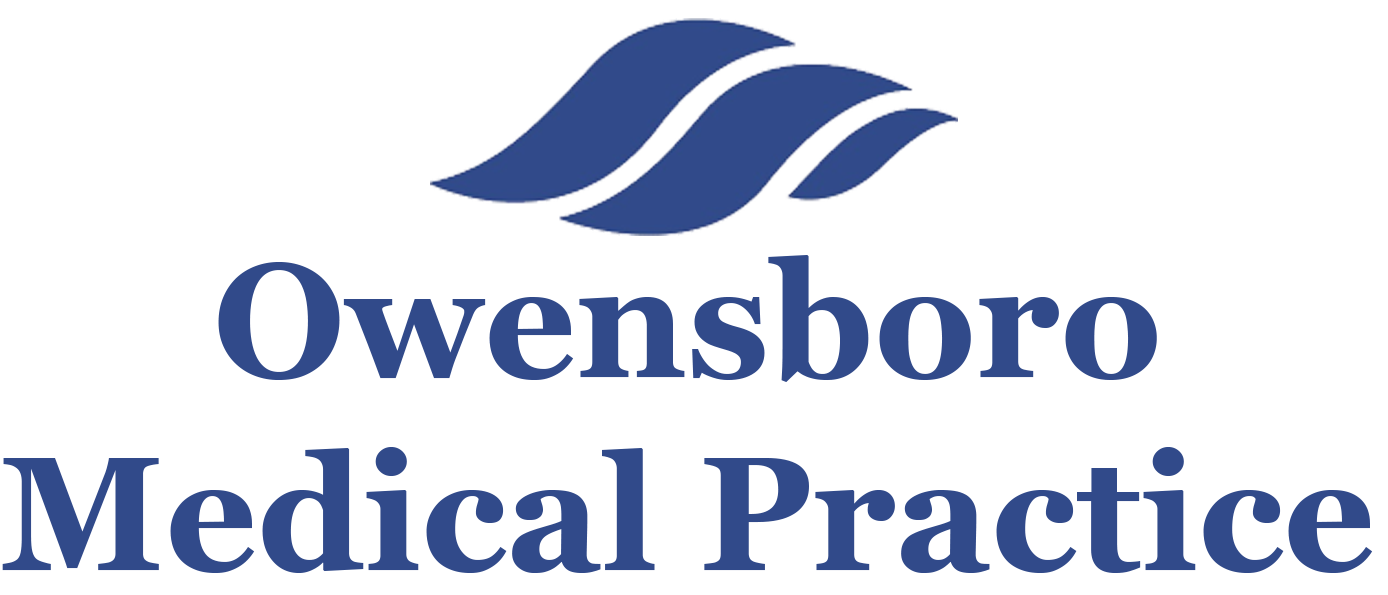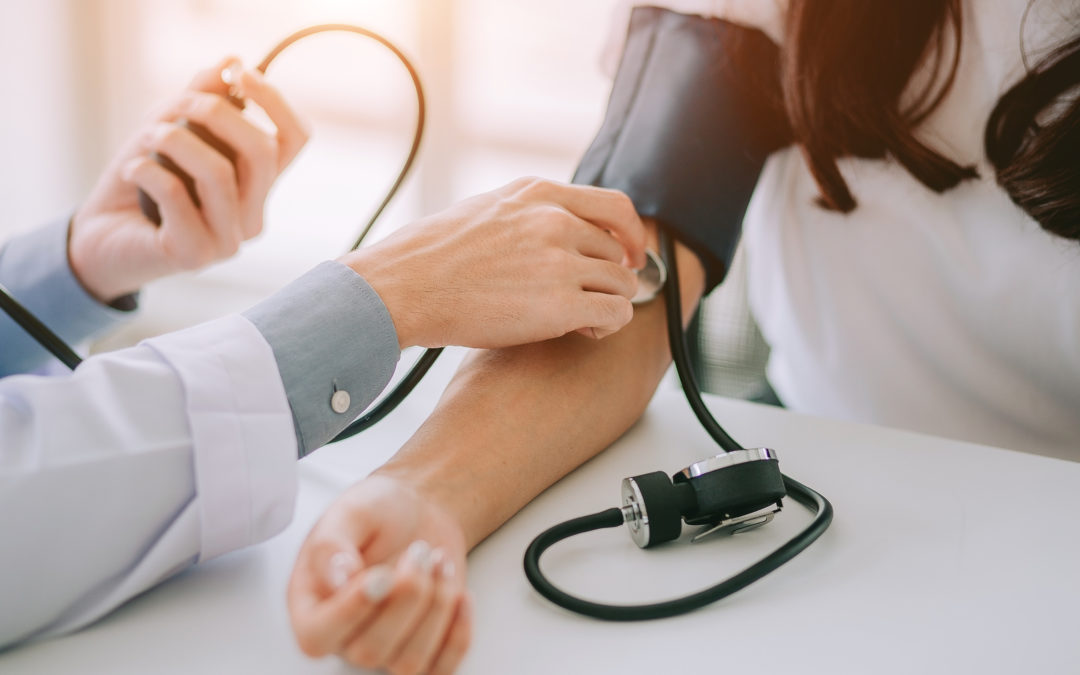February is the American Heart Month. Every February, OHV offers the communities in Owensboro and surrounding counties the opportunity to get a Heart Scan done only at $99. I strongly urge you to take advantage of this opportunity to ensure the health of your heart, especially if your family has a strong history of heart disease, or if you are over the age of 45.
What is a Heart Scan?
A heart scan, also known as a Coronary Calcium Scan, is a specialized X-ray test providing pictures of your heart to help your doctor detect and measure calcium-containing plaque in your arteries.
Plaque inside the arteries of your heart can grow and restrict blood flow to the muscles of the heart. Measuring calcified plaque with a heart scan allows us to identify possible coronary artery disease even before you experience any symptoms.
Why should I get a Heart Scan?
Even if you feel fine, heart attacks often strike people with no warning symptoms! Calcified plaque in the coronary artery is the leading cause of heart disease in the US. Plaque is made up of fats, cholesterol, calcium and other substances in the blood. It develops gradually over time, long before there are any signs or symptoms of disease. These deposits can restrict the flow of oxygen-rich blood to the muscles of the heart. Plaque also may burst, triggering a blood clot that can cause a heart attack.
A heart scan uses a specialized X-ray technology which creates multiple images of plaque deposits in the blood vessels. The imaging test provides an early look at levels of plaque.
Getting a heart scan done can help you take timely measures to prevent any fatality if you are at high risk. It can motivate you to make important lifestyle changes and follow treatment plans if you are at moderate risk. And it can put you at ease and give you peace of mind if your results show that you are at low risk.
What can you expect?
You will be asked to avoid any caffeine or cigarettes for 4 hours before the procedure. Before the scan begins, the technician attaches sensors, called electrodes, to your chest. These connect to an electrocardiogram (ECG or EKG), which records your heart activity during the exam and coordinates the timing of X-ray pictures between heartbeats, when the heart muscles are relaxed.
The entire procedure should take about 10 to 15 minutes. Usually, no special precautions are needed after having a heart scan. You should be able to drive yourself home and continue your daily activities.
Results
The result of the test is usually given as a number called an Agatston score. The score reflects the total area of calcium deposits and the density of the calcium. When calcium is present, the higher the score, the higher your risk of heart disease.
- A score of zero means no calcium is seen in the heart. It suggests a low chance of developing a heart attack in the future.
- A score of 100 to 300 means moderate plaque deposits. It’s associated with a relatively high risk of heart attack or other heart disease over the next three to five years.
- A score greater than 300 is a sign of very high to severe disease and heart attack risk.
I hope this information has answered some questions about why heart scans are important, and that this will help you make a decision about whether you should get one done.


Recent Comments